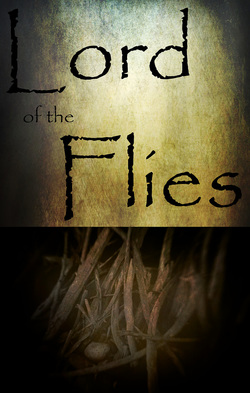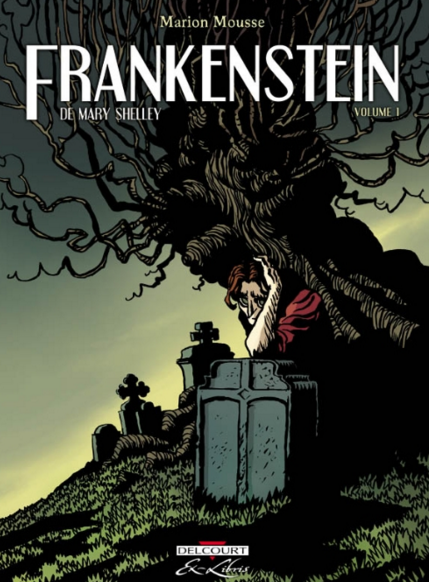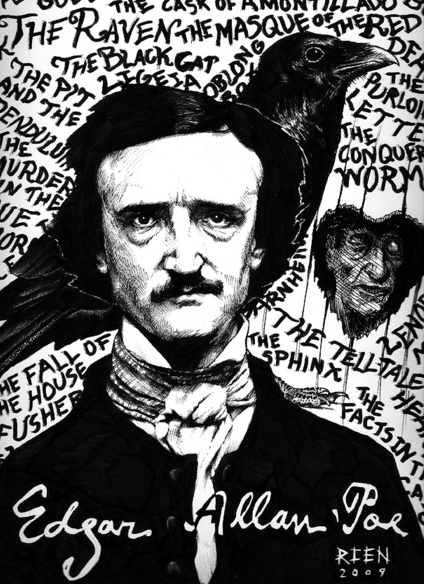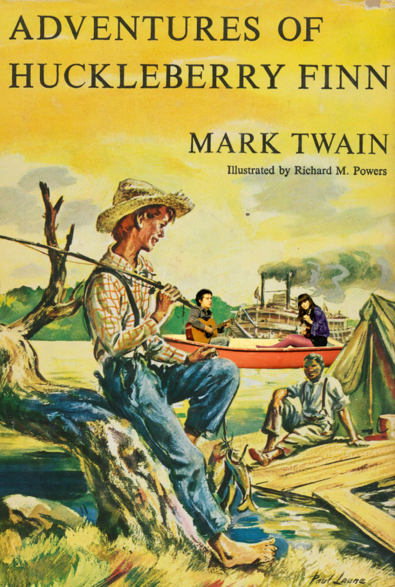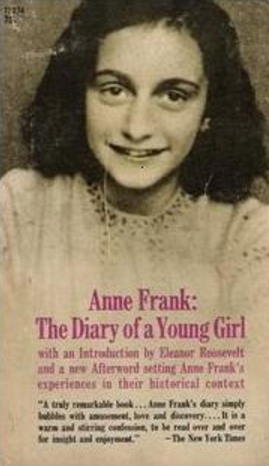|
Reading Ages 11-12
|
|
1MONTH 1
AIMS: 1. Develop an appreciation and love of reading, and read increasingly challenging material independently. 2. Understand increasingly challenging texts. TARGET: * 1. Reading a wide range of fiction and non-fiction. * 2. Checking their understanding to make sure that what they have read makes sense. RESOURCES: Choose one of the following texts Text #1: Lord of the Flies Text #2: The Giver (FRONTLOAD): Click on the link of the book you chose to read to open it. (TASK): After reading the book, choose 1 question per chapter/part to answer. The Lord of the Flies: Guide questions The Giver: Guide questions |
MONTH 2
AIMS: Read critically
TARGET: Studying setting, plot, and characterization, and the effects of these.
RESOURCES: Choose one of the following texts
Text #1: Lord of the Flies
Text #2: The Giver
After reading the whole book complete the following tasks.
1. Describe the setting of the book.
2. Create a mind map to show the plot of the book, Use the following video if you don’t know what a mind map is. Video
3. Compare and contrast 2 main characters using a Venn Diagram.
AIMS: Read critically
TARGET: Studying setting, plot, and characterization, and the effects of these.
RESOURCES: Choose one of the following texts
Text #1: Lord of the Flies
Text #2: The Giver
After reading the whole book complete the following tasks.
1. Describe the setting of the book.
2. Create a mind map to show the plot of the book, Use the following video if you don’t know what a mind map is. Video
3. Compare and contrast 2 main characters using a Venn Diagram.
|
MONTH 3
AIMS: Understand increasingly challenging texts. TARGET: * 1. Reading a wide range of fiction and non-fiction, including in particular whole books, short stories, poems and plays with a wide coverage of genres, historical periods, forms and authors. The range will include high-quality works. * 2. Making Inferences and referring to evidence in the text. RESOURCES: Read: Frankenstein (FRONTLOAD): Open the novel. (TASK): Read the novel and after every act create an Inferring chart. Use the examples below as references. Inferring examples: example 1 example 2 example 3 |
MONTH 4
AIMS: Read critically
TARGET:
* 3. Understanding how the work of dramatists is communicated effectively through performance and how alternative staging allows for different interpretations of a play.
RESOURCES:
Video: Young Frankenstein - Malibu High School
(FRONTLOAD): Open the video and watch the play.
(TASK): After watching the play and having read the book.
1. Compare and contrast both of them using a Venn Diagram.
2. Questions
AIMS: Read critically
TARGET:
* 3. Understanding how the work of dramatists is communicated effectively through performance and how alternative staging allows for different interpretations of a play.
RESOURCES:
Video: Young Frankenstein - Malibu High School
(FRONTLOAD): Open the video and watch the play.
(TASK): After watching the play and having read the book.
1. Compare and contrast both of them using a Venn Diagram.
2. Questions
- What new perspectives did you gain after watching the play?
- How did watching the play help you understand the story more in depth?
|
MONTH 5
AIMS: * 1.Understand increasingly challenging texts. * 3.Read critically TARGET: Recognising a range of poetic conventions and understanding how these have been used RESOURCES: Poetry: Edgar Alan Poe
|
MONTH 6
AIMS:
*Understand increasingly challenging texts.
TARGET:
Learning new vocabulary, relating it explicitly to known vocabulary and understanding it with the help of context and dictionaries.
RESOURCES: Edgar Alan Poe
(FRONTLOAD): Open the link to go to Poe’s poems.
(TASK):
1. Choose three of the poems and make a list of all the new words you can find.
2. Choose 3 of the words and write 3 poems inspired by these words.
3. Use the following examples to help you with ideas on how to write poetry.
How to write a poem
Types of Poems
How to write Poetry
AIMS:
*Understand increasingly challenging texts.
TARGET:
Learning new vocabulary, relating it explicitly to known vocabulary and understanding it with the help of context and dictionaries.
RESOURCES: Edgar Alan Poe
(FRONTLOAD): Open the link to go to Poe’s poems.
(TASK):
1. Choose three of the poems and make a list of all the new words you can find.
2. Choose 3 of the words and write 3 poems inspired by these words.
3. Use the following examples to help you with ideas on how to write poetry.
How to write a poem
Types of Poems
How to write Poetry
|
MONTH 7
AIMS: Develop a love of Reading TARGET: Knowing how language, including figurative language, vocabulary choice, grammar, text structure and organisational features, presents meaning RESOURCES: Text: Huckleberry Finn (FRONTLOAD): Click on the link below to answer the questions. (TASK): Answer the quiz questions: Questions |
MONTH 8
Watch this video
Analyze Huckleberry Finn by commenting on each of the elements from the video within the story.
Watch this video
Analyze Huckleberry Finn by commenting on each of the elements from the video within the story.
|
MONTH 9
AIMS: Read critically TARGET: Reading a wide range of fiction and non-fiction, will include high-quality works. RESOURCES: Non-Fiction Books: The Diary of a Young Girl Click on the link below to answer the questions. Answer 10 of the 13 questions. Study Guide |
MONTH 10
Read the Diary of a Young Girl summary from this website:
http://www.sparknotes.com/lit/annefrank/
Answer these questions:
Read the Diary of a Young Girl summary from this website:
http://www.sparknotes.com/lit/annefrank/
Answer these questions:
- Who do you think this novel was written for? (audience)
- What was happening in German at the time it was written? (context)
- Why do you think this story was written? (purpose)
MONTH 11
Watch this video
Analyze Diary of a Young Girl by commenting on each of the elements from the video within the story.
Watch this video
Analyze Diary of a Young Girl by commenting on each of the elements from the video within the story.
MONTH 12
Review any two books you have read.
Create a venn diagram comparing the two books you have read.
Review any two books you have read.
Create a venn diagram comparing the two books you have read.
